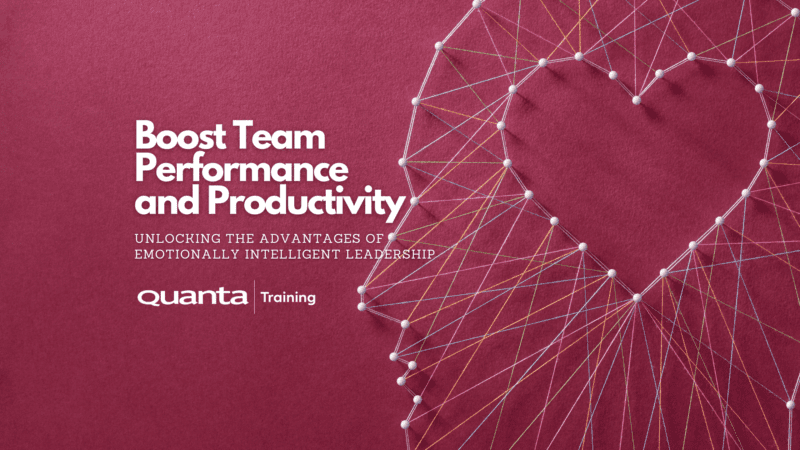The follow-on qualification from our Change Management Foundation course
This APM Group accredited course is designed to help change management practitioners to define and practise change management successfully, offering practical tools, techniques and models to support any change initiative. Based on The Effective Change Manager's Handbook (first edition) edited by Richard Smith and others, the course concentrates on four main areas: Change and the Individual, Change and the Organisation, Communications and Stakeholder Engagement and Change Management Practice. Please Note: If you attend this course publicly it is highly likely you'll be joining a group of students mid-way through their Change Management Combined course. As such there will be no re-cap of the Foundation material and depending on the ability and speed of the entire group your Practitioner exam could be as early as Friday am.Book Your Course
Start Date
Venue
Availability
Cost
Course confirmed - Guaranteed to run
Course Full/Limited availability
Price shown excluding VAT.
Book a Private Event
If you require the content of this event tailored or have around 7 or more people to train it maybe better for you to host a Private Event, please get in touch to discuss this.
Get in touchDescription
Who is this course for
The course will be of use for those that are responsible for introducing a change or for those affected by it. Those involved in project, programme and portfolio management will benefit from attending as the course as the course offers approaches that complement, and would make more likely the success of, project, programme and portfolio management approaches.
Purpose of the course
This course is designed to build on the knowledge and understanding gained from the Foundation course. Addressing the needs of those who carry out the work of managing change in much more detail.
You will learn how to
- Assess the impact of the "change curve" on individuals
- Consider the motivations of individuals
- Consider the learning needs of those affected by change
- Use metaphors to assess types of organisations
- Describe and use change management models
- Identify and plan for roles in change management
- Assess the organisational culture
- Identify emergent change
- Identify and exploit drivers of change
- Consider the effect of a vision on change management
- Understand project managementin overview
- Identify, map and segment stakeholders
- manage relationships with stakeholders
- Use different communication channels
- Use facilitation techniques
- Assess the impact of change
- Build readiness for change
- Prepare for resistance
- Build team effectiveness
Prerequisites
Delegates should have passed the Change Management Foundation exam.Knowledge of project and programme management is useful but not essential.
Benefits for you as an individual
Your will have an improved ability to manage the reactions of change, learning how people react to change and ultimately being able to see change through to successful business transformation. You will also know how to take people through the various phases of transition and lead change more effectively with less resistance and more support.
Benefits for your organisation
In today's climate change is essential to business success. Having people who can reduce the risk of failure or delay during periods of organisational transformation are a valuable asset. Having qualified people who can gain support from staff and instil confidence in the change management programme is essential to the success of any change programme and thus business.
Change and the Individual
- Stages of Kubler-Ross' "change curve"
- Planning for transition
- Maslow's hierarchy of needs
- Satisfaction and growth
- Types of individual (Myers-Briggs Type Indicator)
- The roots of learning theory
- Learning Process and learning styles
- Training planning
Change and the Organisation
- How we think about organisations: Morgan's metaphors
- Model of the change process, including Kotter, Senge, Lewin
- Key roles in organisational change
- What we mean by "organisational change"
- Emergent change: complex adaptive and complex responsive systems
- Drivers of change
- Developing vision
- Understanding the project environment
Communications and Stakeholder Engagement
- Techniques for stakeholder identification, mapping and segmentation
- Managing relationships and mobilising stakeholders
- Effective communication including two-way communication and cognitive biases
- Communicating change including use of symbols and metaphors
- Lean and rich communication channels
- Developing a communication strategy
- Facilitation techniques
Change Management Practice
- Identifying change impacts
- Increasing motivation to change
- Preparing for resistance
- Levers (e.g carrot and stick)
- Reinforcing systems: Vicious and Virtuous circles
- Building team effectiveness
Additional Exam Information
On the last day of the course there is a 2.5 hour, open book, objectively tested exam. A pass mark of 40 (50% is required to gain the Change Management Practitioner qualification.Pre-Coursework
Please familiarise yourself with your Foundation course material before attending the course. Including reviewing the course text, which you are expected to bring with you having already undertaken the Foundation level qualification.Get Started
Forget trawling through endless course catalogues – Find the training that’s right for you
Learn MoreLatest from our blog
Kanban and Agile: Bridging the Gap
Kanban and Agile: Bridging the Gap Quanta’s Kanban University Certified Trainer Steve Church explores the way in which Agile and…
Read More
How a Ballerina could move into Cybersecurity
Jason Ford, Quanta Cybersecurity and IT Trainer talks about the limitations in Cybersecurity Training courses. Jason discusses a safe and…
Read More
Boost Team Performance and Productivity: Unlocking the Advantages of Emotionally Intelligent Leadership
Quanta People Development and Leadership Trainer, Giles Collins outlines the key elements of Emotionally Intelligent Leadership and how it impacts…
Read More





